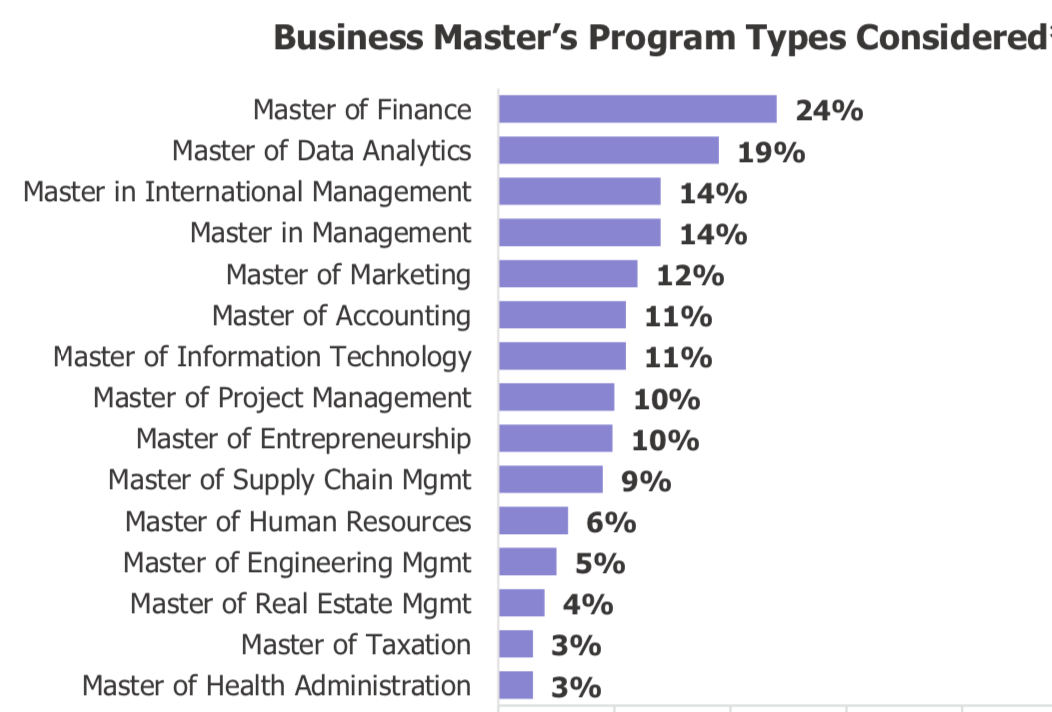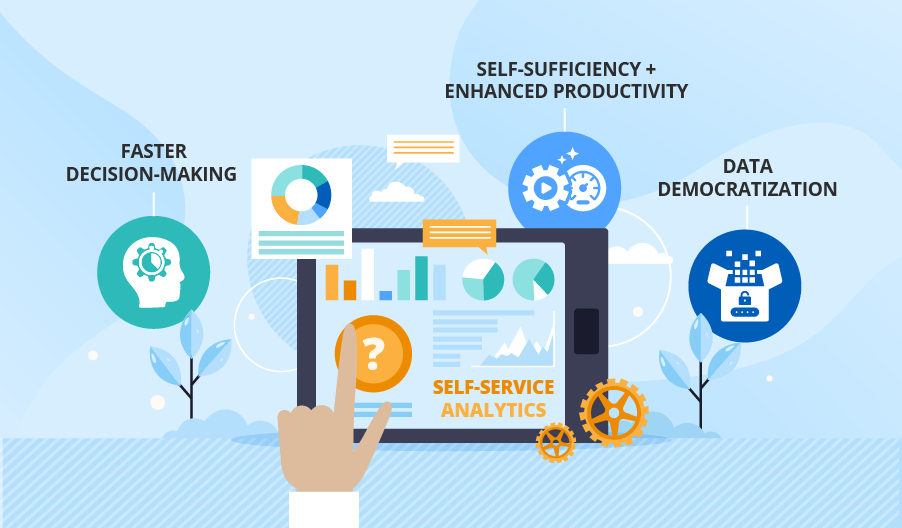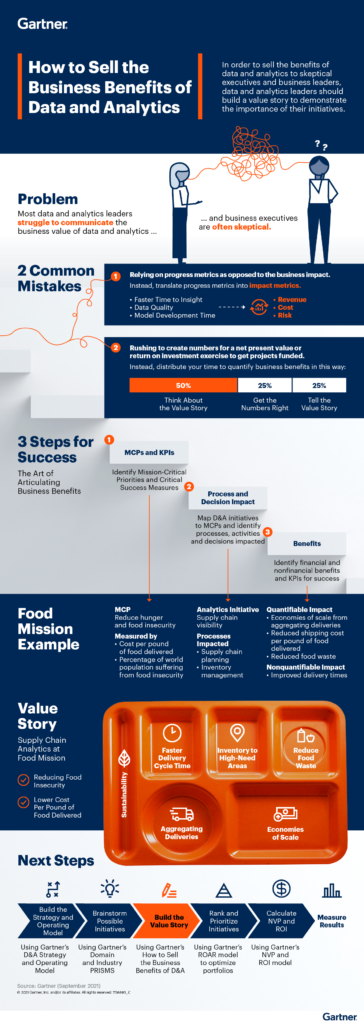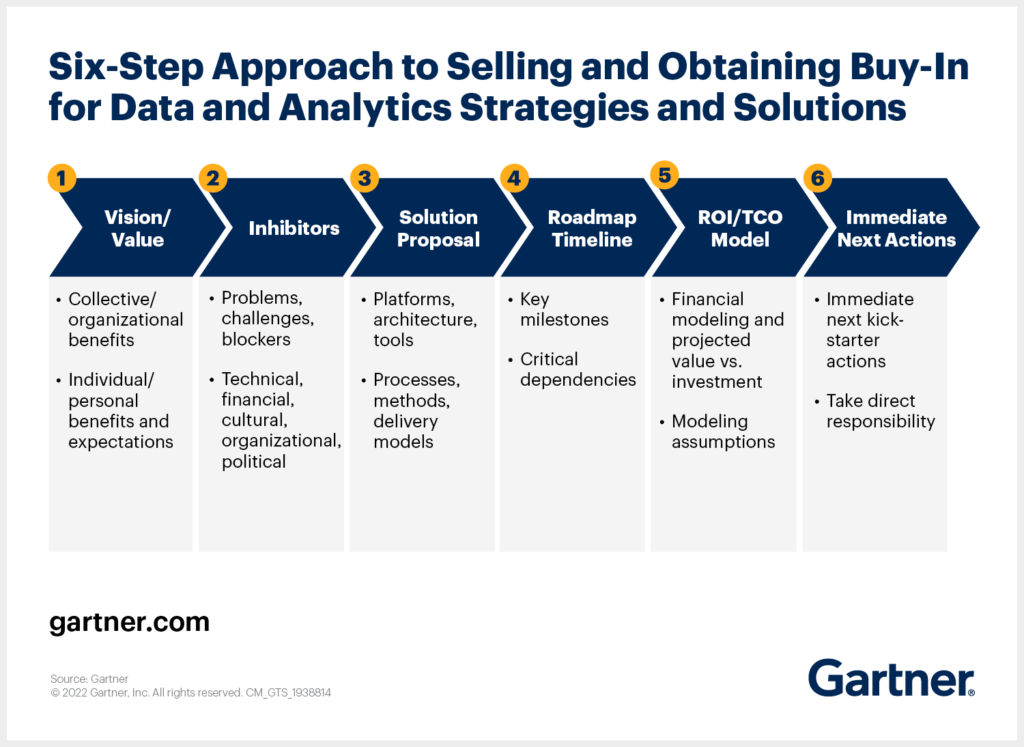In today’s data-driven world, organizations are constantly seeking professionals who can turn mountains of data into actionable insights. This is where a master’s degree in data analytics comes in handy. With this degree, you can expect to become a highly sought-after expert in the field of big data analysis and management.
But what exactly can you do with a master’s in data analytics? The answer is, quite a lot. You can work in a variety of industries, from healthcare to finance, and from marketing to technology. You can analyze data to help companies make more informed decisions, identify trends and patterns, and ultimately, help them achieve their business goals. With a master’s in data analytics, the sky’s the limit when it comes to career opportunities.
With a Master’s in Data Analytics, you can explore a wide range of career opportunities, such as a data analyst, data scientist, business analyst, or research analyst. You can also use your degree to pursue positions in business intelligence, machine learning, artificial intelligence, predictive analytics, and data engineering.

What Can You Do With a Master’s Degree in Data Analytics?
Data analytics is a growing field that has become essential to businesses and organizations of all sizes. With a master’s degree in data analytics, you can become an expert in the field, able to analyze and interpret data for the benefit of your employer. A master’s degree in data analytics will provide you with the skills and knowledge needed to understand and apply analytics in a variety of contexts.
Business Analysis
Business analysis is a key skill for data analysts, as it allows them to understand how different aspects of a business interact. With a master’s degree in data analytics, you will be able to use analytics to identify and analyze patterns in data to make better business decisions. You will be able to use analytics to identify areas of improvement and develop strategies to improve business performance. You will also be able to identify opportunities for growth and implement strategies to capitalize on them.
Data Science
Data science is a field of study that uses analytics to uncover insights from data. With a master’s degree in data analytics, you will be able to use data science to analyze and interpret data to uncover hidden patterns and trends. You will be able to use data to create models and simulations that predict outcomes. You will also be able to use data to create predictive models that can be used to make decisions. Data science can be used in a variety of contexts, from healthcare to finance to marketing.
Data Visualization
Data visualization is a key skill for data analysts, as it allows them to quickly and easily share insights with others. With a master’s degree in data analytics, you will be able to use analytics to create visualizations that make complex data easier to understand. You will be able to use analytics to create interactive graphs, charts, and dashboards that help explain data in a more accessible way. You will also be able to use data visualization to identify patterns and trends in data.
Data Engineering
Data engineering is a field of study that focuses on transforming data for use in analytics. With a master’s degree in data analytics, you will be able to use analytics to design, build, and maintain data pipelines that enable the efficient collection, storage, and analysis of data. You will be able to use analytics to identify and fix data quality issues, as well as design systems for storing and managing data.
Data Mining
Data mining is a field of study that focuses on extracting useful information from large data sets. With a master’s degree in data analytics, you will be able to use analytics to identify patterns and relationships in data. You will be able to use analytics to uncover insights that can be used to make better decisions. You will also be able to use analytics to identify areas of improvement and develop strategies to capitalize on them.
Data Security
Data security is an important aspect of data analytics, as it means ensuring the privacy and security of sensitive data. With a master’s degree in data analytics, you will be able to use analytics to identify and address security vulnerabilities in data. You will be able to use analytics to identify areas of risk and develop strategies to reduce them. You will also be able to use analytics to identify and prevent unauthorized access to data.
Data Management
Data management is a field of study that focuses on storing, organizing, and maintaining data. With a master’s degree in data analytics, you will be able to use analytics to effectively manage large data sets. You will be able to use analytics to design systems for storing and managing data. You will also be able to use analytics to identify areas of improvement and develop strategies to optimize data management.
Data Warehousing
Data warehousing is a field of study that focuses on storing and analyzing data. With a master’s degree in data analytics, you will be able to use analytics to design and maintain data warehouses. You will be able to use analytics to identify areas of improvement and develop strategies to optimize data warehouse performance. You will also be able to use analytics to identify and fix data quality issues, as well as design systems for storing and managing data.
Frequently Asked Questions
Data analytics is the field of study that deals with the analysis of data to uncover hidden patterns, correlations, and trends. With a Master’s degree in Data Analytics, you can gain the knowledge and skills to effectively analyze and interpret data for use in business decision-making.
What can you do with a Masters in Data Analytics?
A Master’s degree in Data Analytics can open the door to a wide range of career opportunities. With this degree, you can pursue a career in data science, business intelligence, analytics, engineering, and data architecture. You can also use the knowledge gained from a Master’s degree in Data Analytics to pursue a career in software engineering, computer programming, and data visualization.
In addition to these career options, a Master’s degree in Data Analytics can also be used to gain a competitive edge in the job market. With this degree, you can demonstrate your ability to analyze large amounts of data, apply data-driven strategies, and understand complex business processes. This can help you secure higher salaries and more advanced positions in the workforce.
What skills are needed for a career in data analytics?
A career in data analytics requires a wide range of skills, including an understanding of data structures and algorithms, programming languages, and statistical methods. Additionally, you must have strong problem-solving and analytical skills, as well as the ability to interpret and visualize data.
To be successful in a career in data analytics, you should also have a strong understanding of the business context in which you are working. This includes an understanding of the industry, the goals of the organization, and how data can be used to make informed decisions. Additionally, you should be comfortable working with data from multiple sources, be able to identify trends and patterns in data, and be able to use data to make predictions.
What types of jobs can you get with a Masters in Data Analytics?
With a Master’s degree in Data Analytics, you can pursue a career in a variety of fields, including data science, business intelligence, analytics, engineering, and data architecture. You can also use your degree to pursue a career in software engineering, computer programming, and data visualization. Additionally, you can use this degree to gain a competitive edge in the job market and secure higher salaries and more advanced positions in the workforce.
What courses should I take for a Masters in Data Analytics?
The courses for a Master’s degree in Data Analytics will vary depending on the program you choose. Generally, programs will include courses in data structures and algorithms, programming languages, data mining, machine learning, data visualization, and database design. Additionally, programs may include courses in business intelligence, statistical methods, artificial intelligence, and predictive analytics.
What is the job market like for Data Analytics?
The job market for Data Analytics is growing rapidly, as demand for data professionals continues to rise. According to the Bureau of Labor Statistics, the job outlook for Data Analysts is projected to grow by 31% from 2019 to 2029, much faster than the average for all occupations. Additionally, the median salary for Data Analysts is $88,740, making it an attractive and lucrative career choice.
In conclusion, a Master’s degree in Data Analytics is a highly sought-after qualification that can open up a wide range of career opportunities in various industries. With the increasing importance of data in today’s world, the demand for professionals who can gather, analyze, and interpret data is on the rise. As a data analyst with a Master’s degree, you can work in different fields, such as healthcare, finance, marketing, and technology, to name a few.
Moreover, a Master’s degree in Data Analytics can equip you with the skills and knowledge necessary to tackle complex data problems, develop data-driven strategies, and provide valuable insights to organizations. With the right combination of technical and analytical skills, you can become a valuable asset to any organization looking to make data-driven decisions. So, if you are considering a career in Data Analytics, a Master’s degree in this field can be the key to unlocking a world of opportunities and achieving success in your chosen career path.



